#TheBatteryShow
Join NEWARE at The 2nd Australian Materials Chemistry Conference(AMCC25) at the Crowne Plaza Gold Coast (16-19 November) to explore CV/EIS Testing System and All-in-One Testing System.
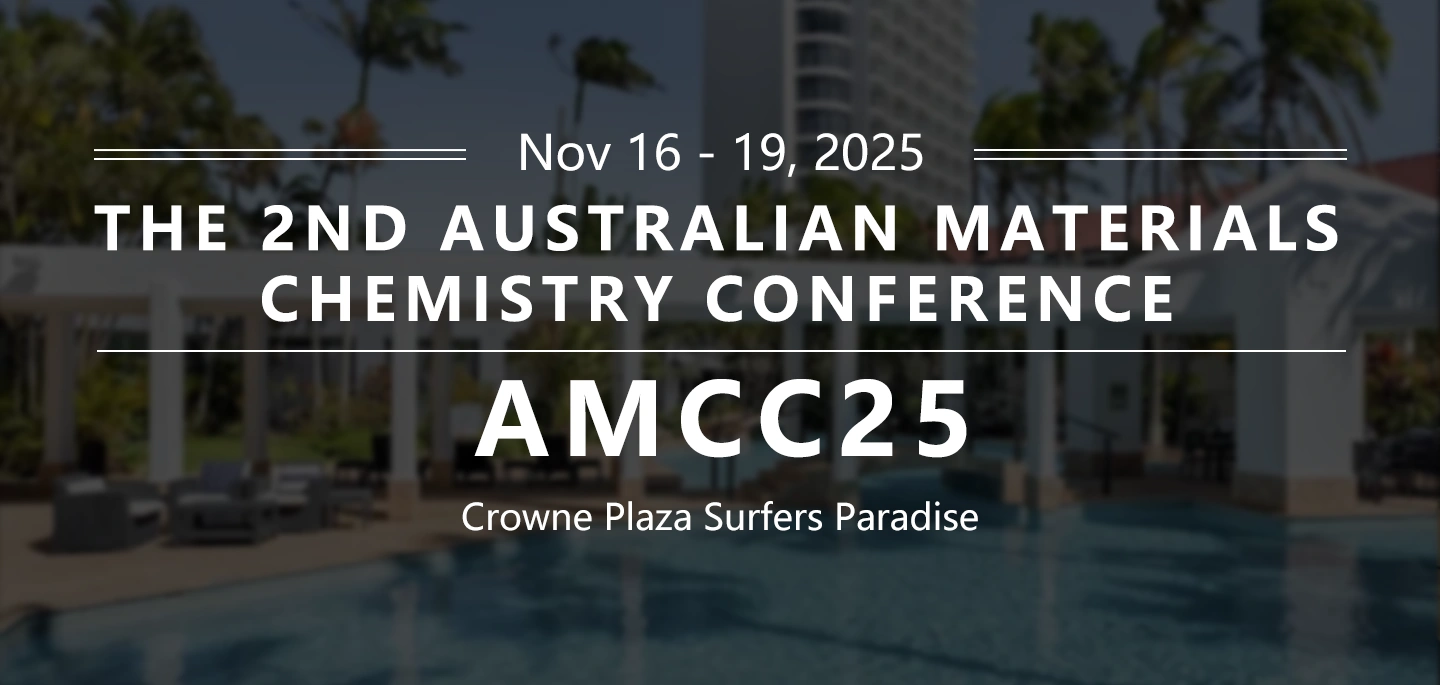
The Royal Australian Chemical Institute is proud to present The 2nd Australian Materials Chemistry Conference (AMCC25), taking place from 16–19 November 2025 at the Crowne Plaza Gold Coast. This three-day conference will bring together leading researchers, industry experts, and academics to explore the latest advancements in materials chemistry, spanning biomaterials, energy materials, functional soft materials, computational materials science, and more.
As part of the exhibition, NEWARE, a battery testing equipment manufacturer, will showcase its cutting-edge testing solutions tailored for materials research and energy applications. NEWARE provides comprehensive testing systems that support the development and validation of advanced battery technologies, aligning closely with the conference's focus on energy materials and sustainability.
NEWARE will present its latest products to demonstrate our support for battery materials research. Our integrated CV/EIS testing system combines electrochemical testing with charge-discharge testing, enabling in-situ CV and EIS measurements.
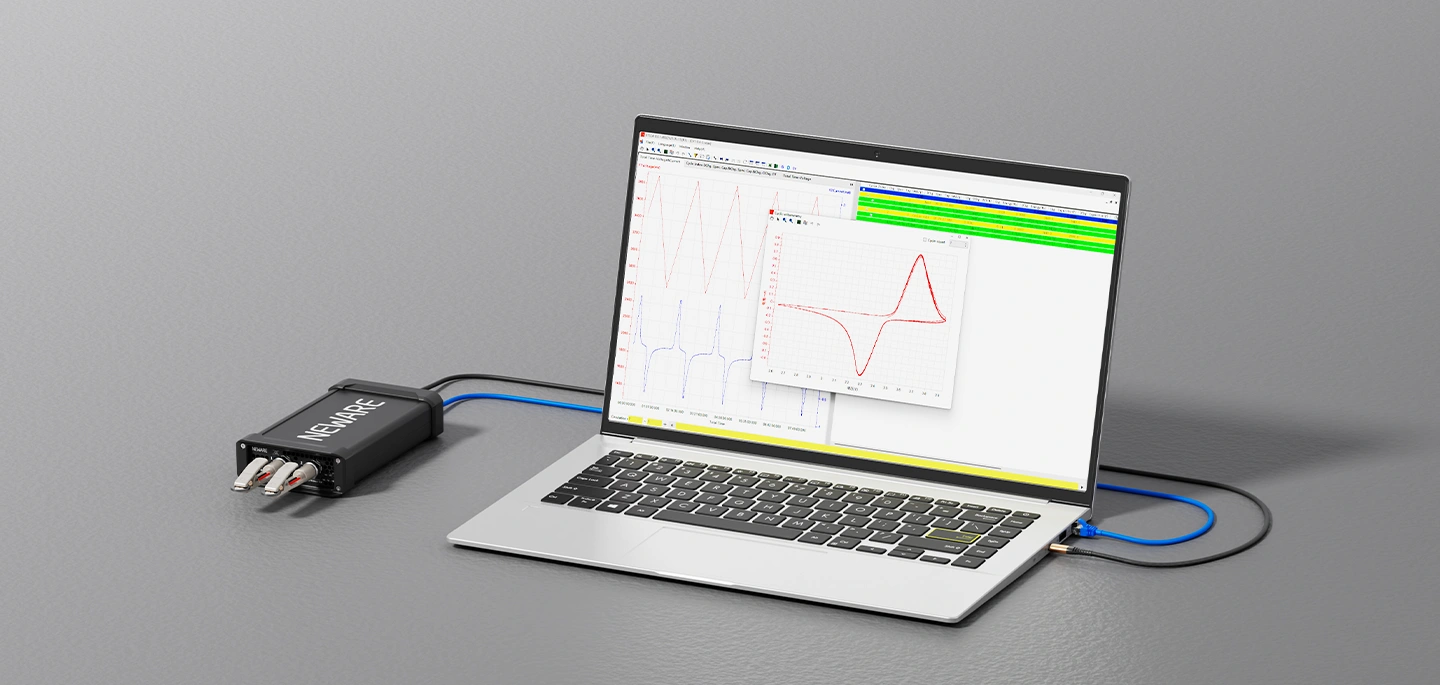
CT-8002S-5V100mA Portable Testing System ↖
We will also showcase our popular All-in-One Testing Systems, which integrate environmental chambers with charge-discharge testing, delivering the following key advantages:
Capable of performing charge-discharge tests across an extensive temperature range of -70°C~150°C.
Significantly saves laboratory space and reduces complex wiring.
Supports test currents from 100mA/6A~600A, with customizable fixtures for various battery types.
The integrated design ensures stable temperature within the chamber, with temperature fluctuation ≤ ±0.5°C.
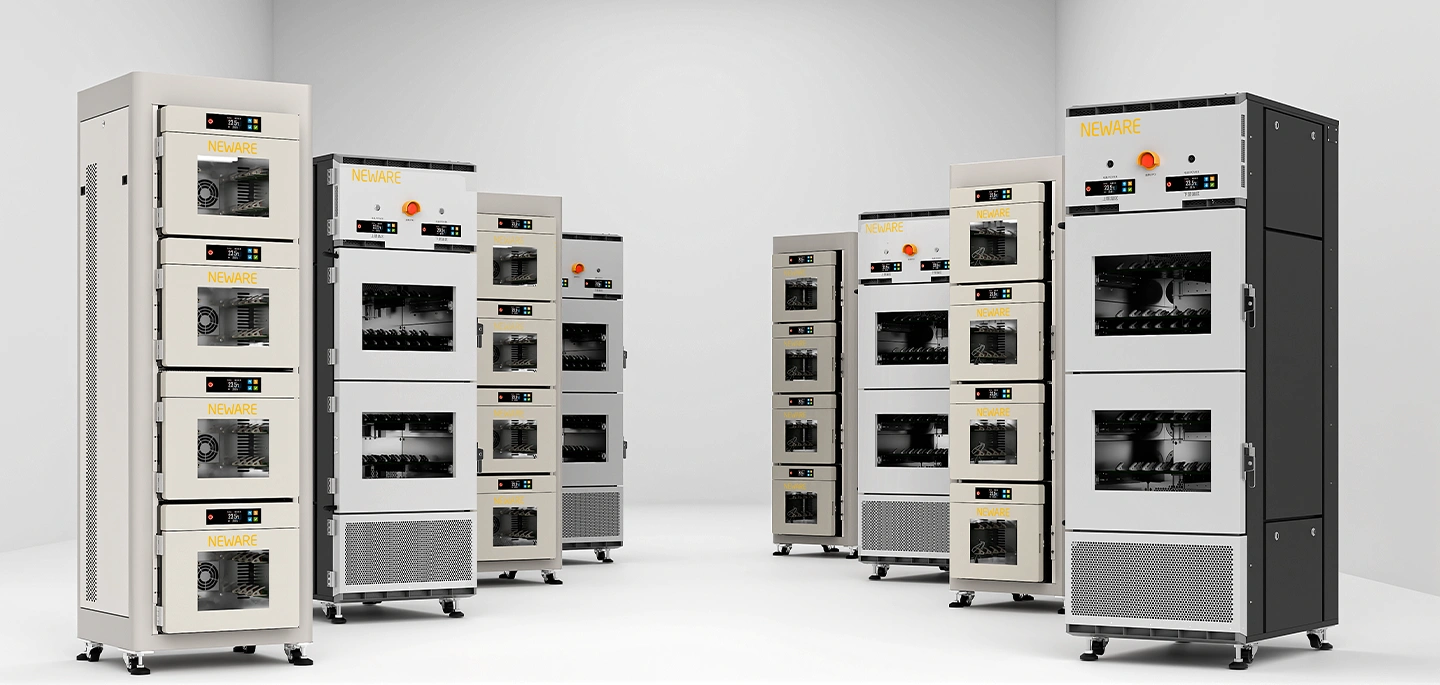
All-in-One Testing System ↖
Visitors to the NEWARE booth will have the opportunity to experience these innovative testing systems firsthand and learn how they can enhance research and development in battery materials and energy storage technologies.
47690 Westinghouse Dr, Fremont, CA 94539
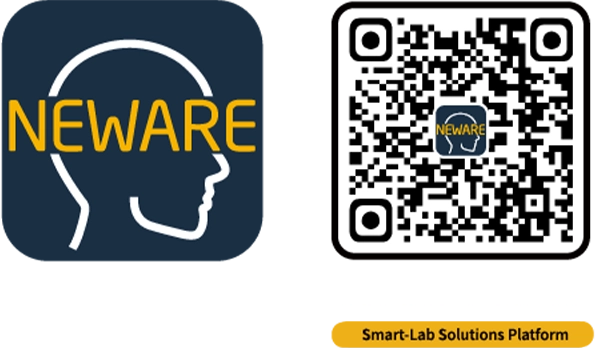


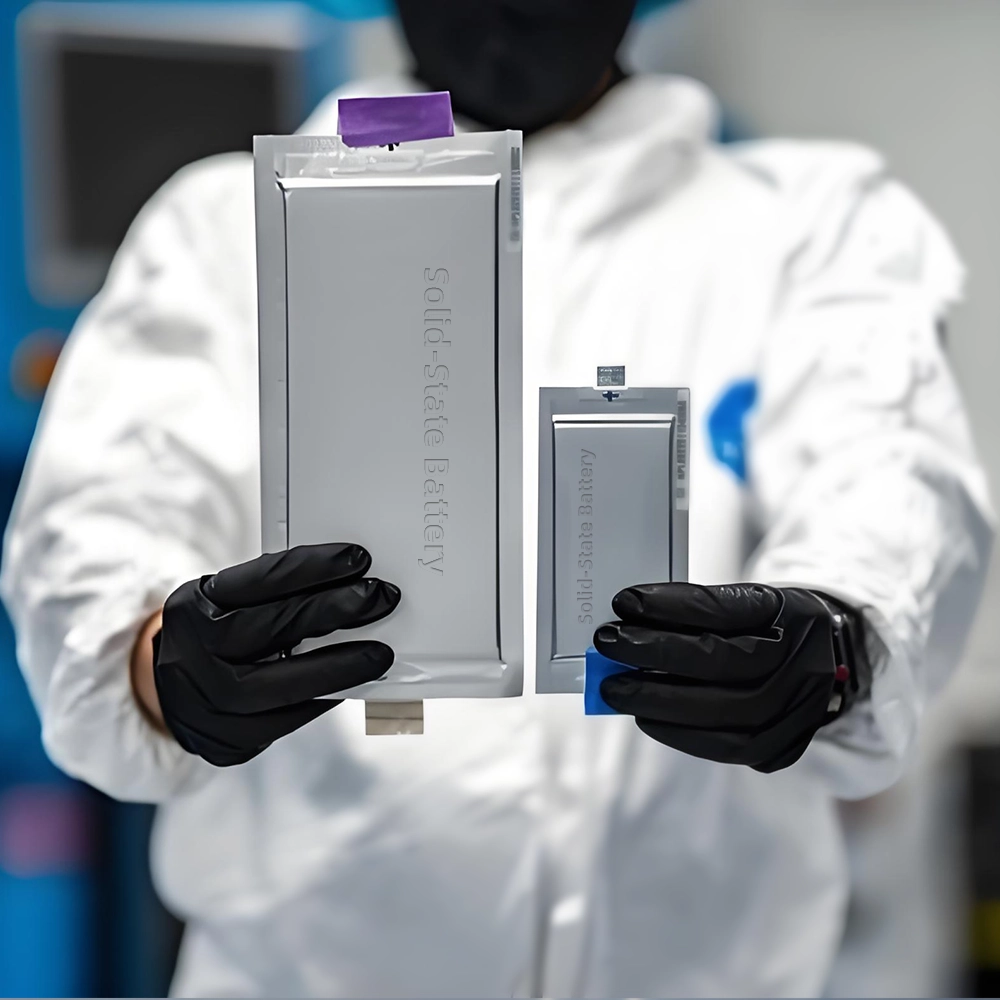
The lab focuses on solid-state battery research to overcome traditional lithium batteries' safety and energy density issues, supporting environmental sustainability. It develops innovative solid-state electrolytes, refines electrode materials, and investigates ion transfer and interface stability to revolutionize battery technology.
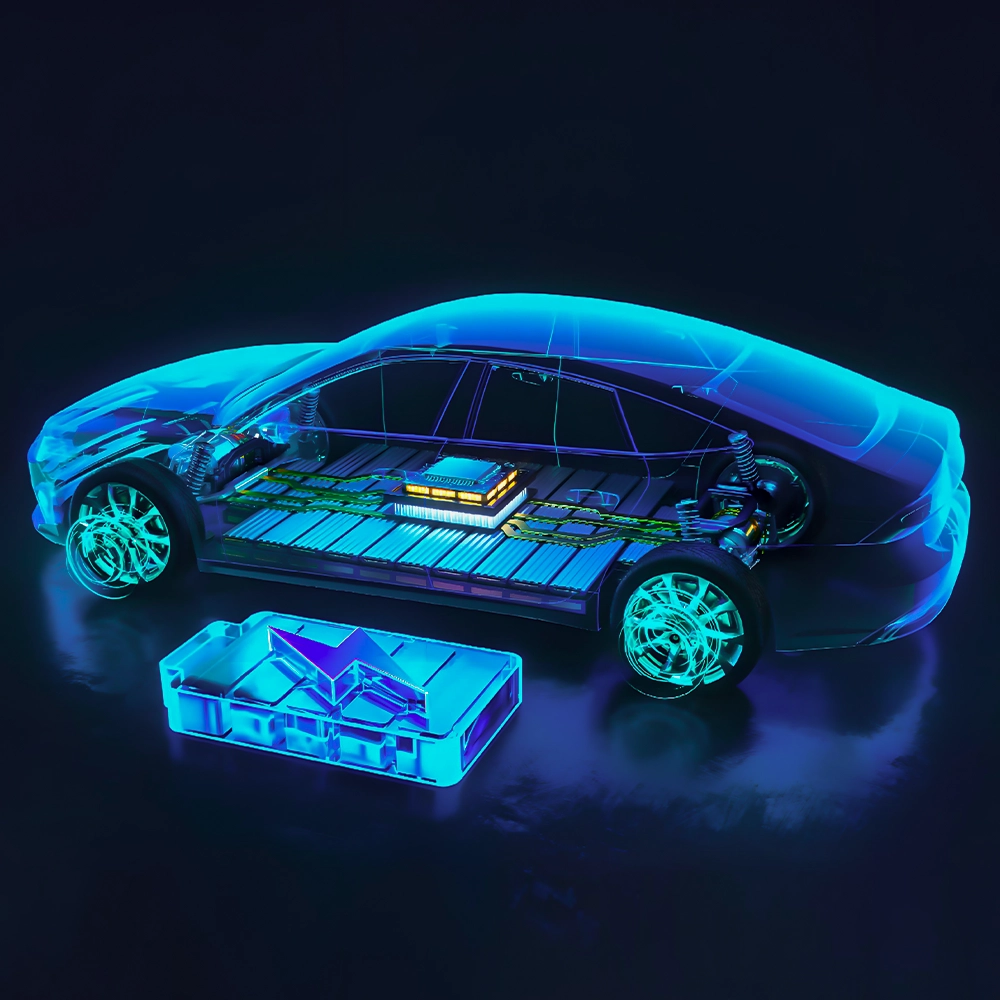
The electric vehicle battery industry is rapidly developing, focusing on technological innovation, market competition, and sustainability. Research hotspots include solid-state batteries, new types of electrolytes, BMS optimization, and recycling technologies. The environmental adaptability, safety, and economic viability of batteries are key research areas, and the industry is expected to undergo more innovation and transformation.
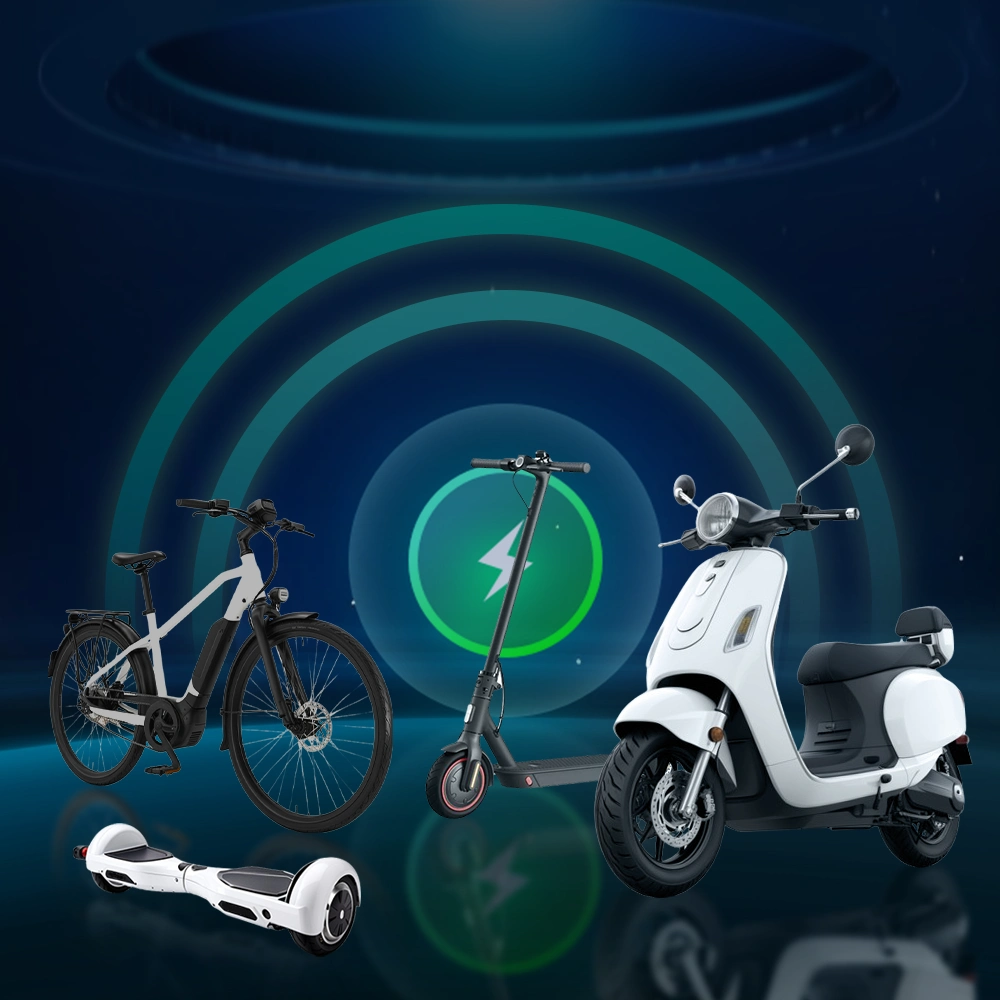
Electric Hoverboard, electric scooters, e bikes, and electric motorcycles are changing the way people travel, with the development of battery technology being at the core of this transformation. The main issues faced by electric bicycle batteries include battery cost, range, the popularity of charging infrastructure, thermal management of batteries, and safety. As battery technology continues to advance, it provides more reliable power support for these intelligent devices.
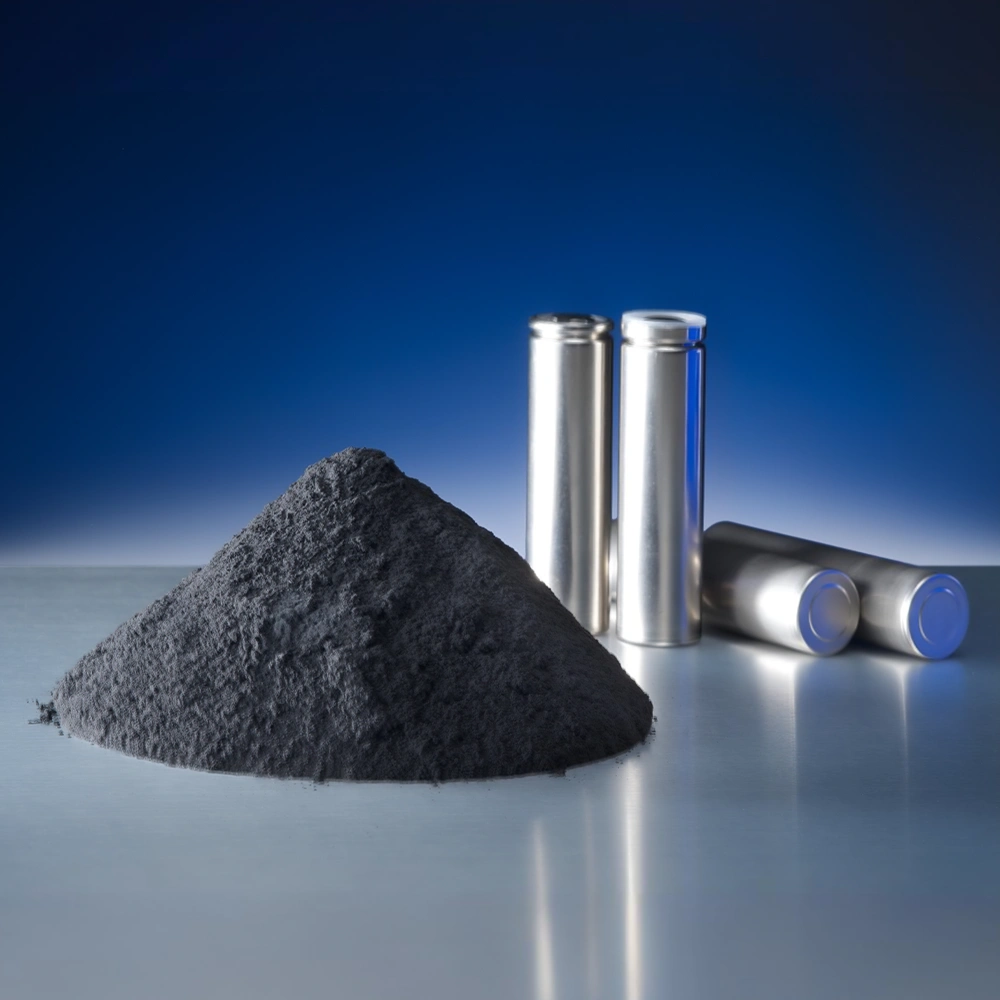
We specialize in battery preparation technology research, focusing on overcoming existing energy storage challenges by innovating in electrode materials, battery chemistry, and manufacturing processes to improve performance, enhance safety, and reduce costs. Sustainability and recycling technologies for batteries are also emphasized to mitigate environmental impacts and foster the growth of green energy.